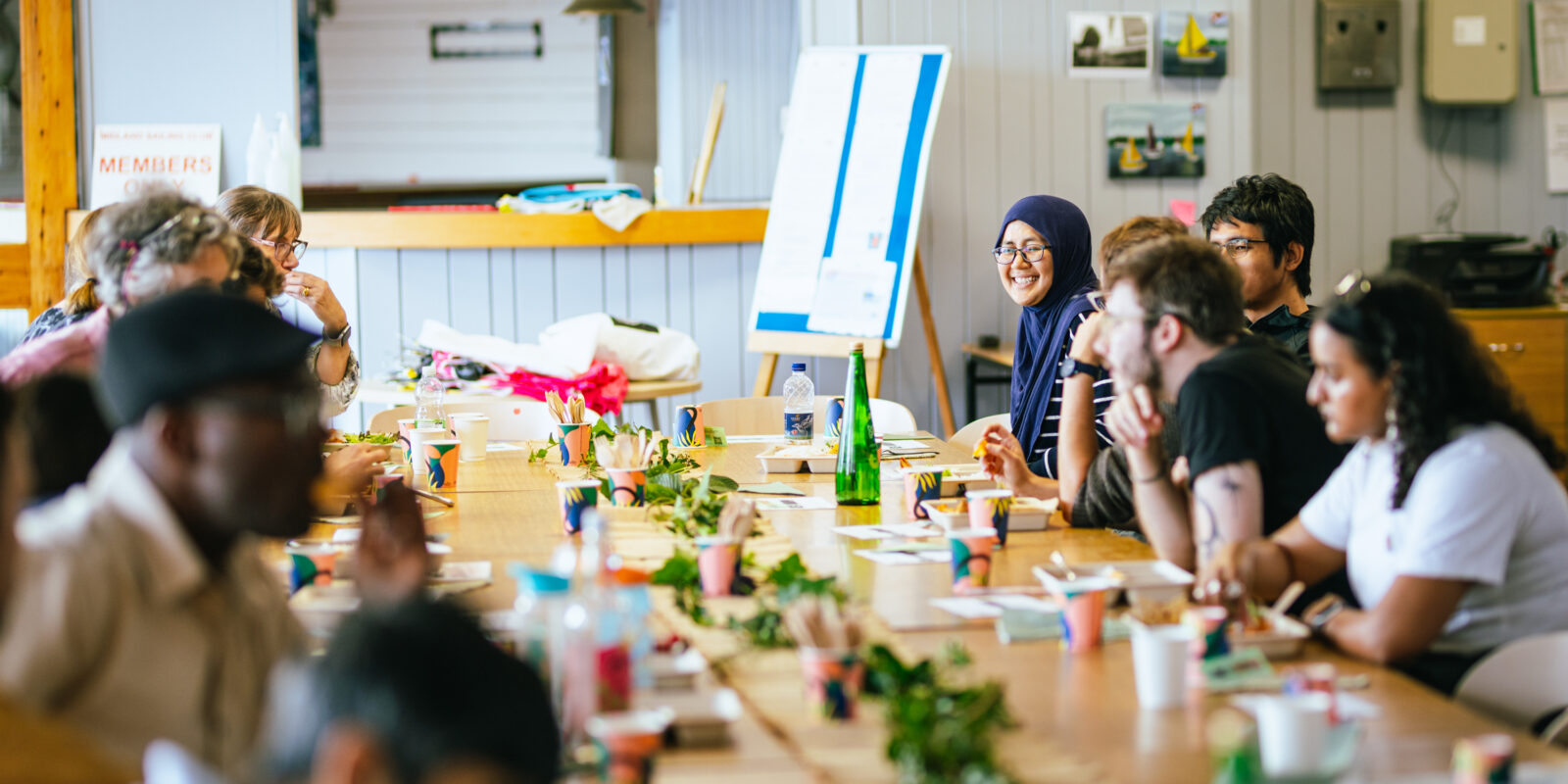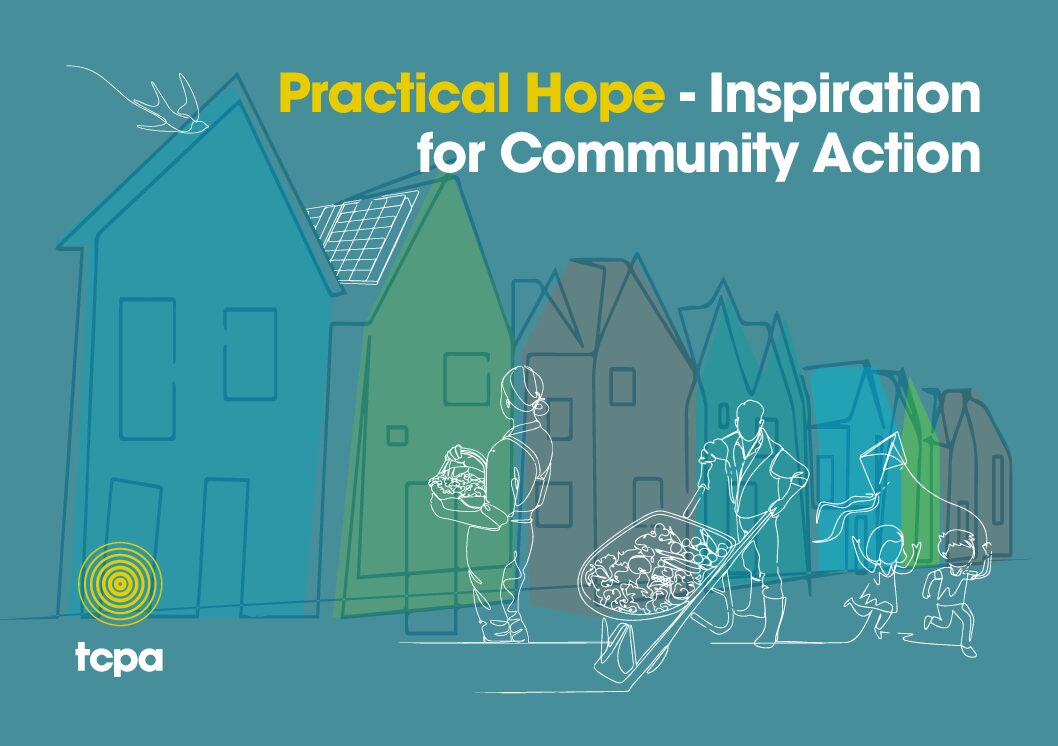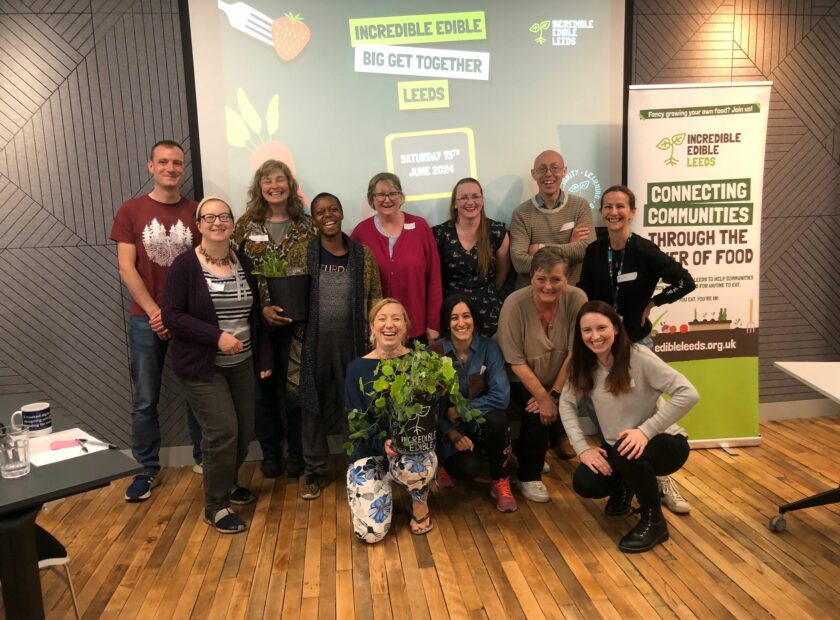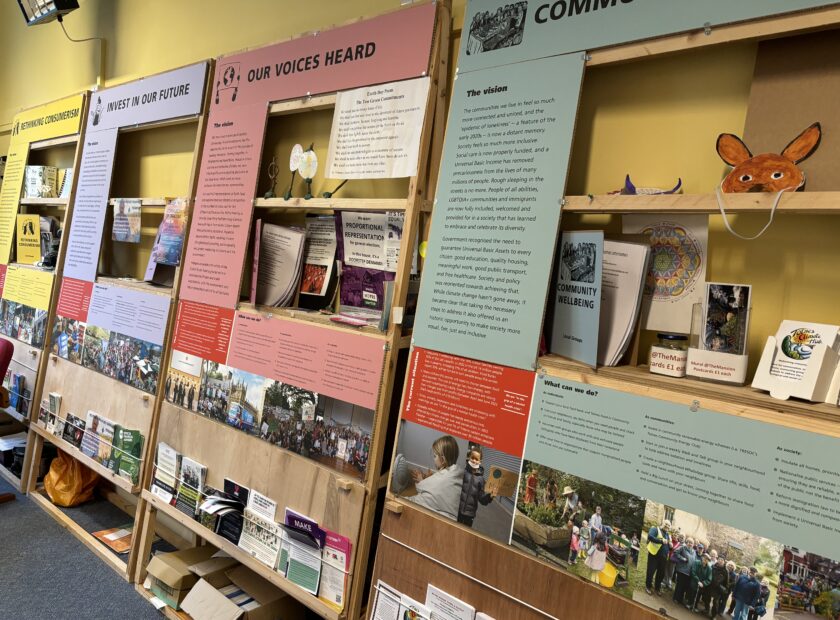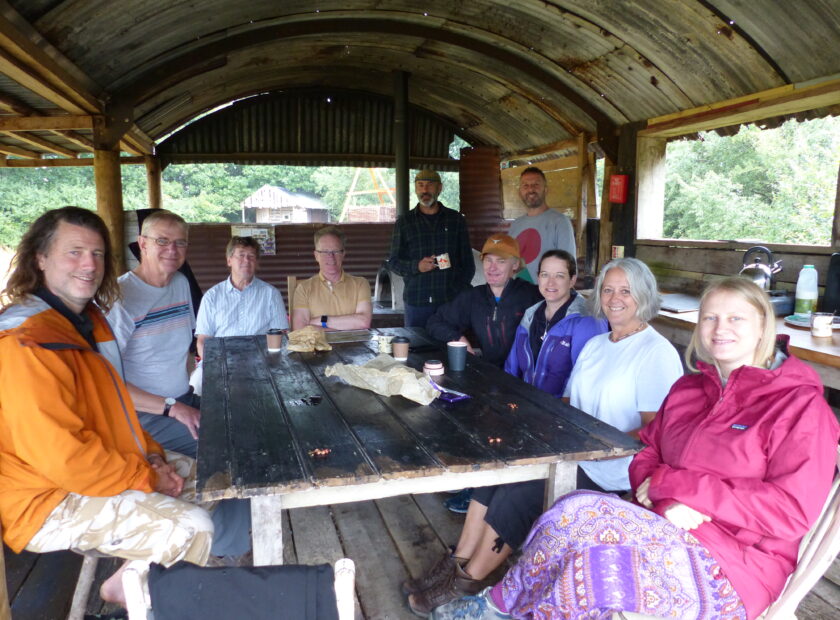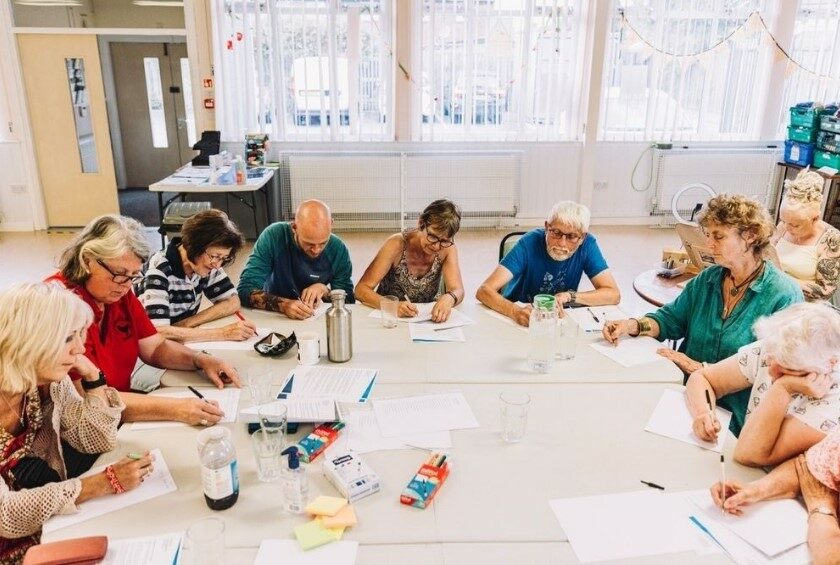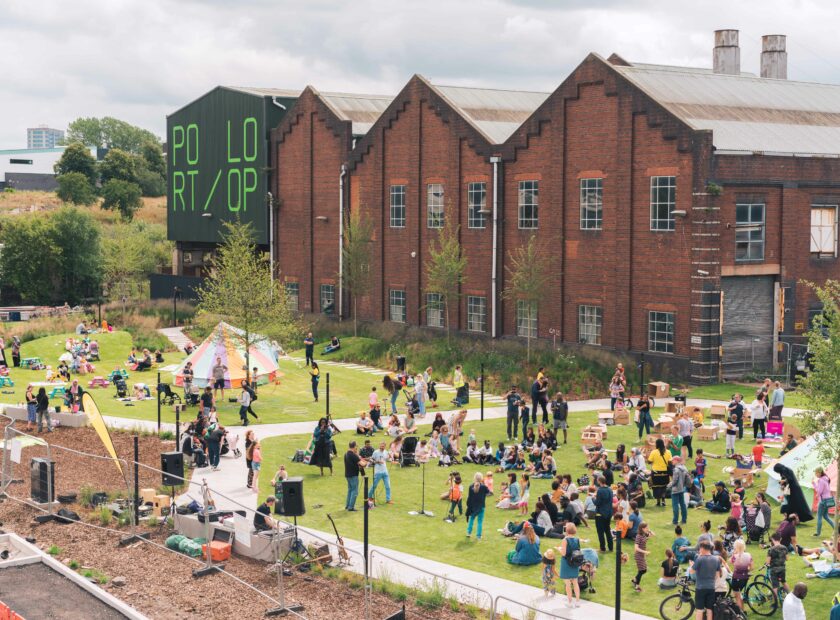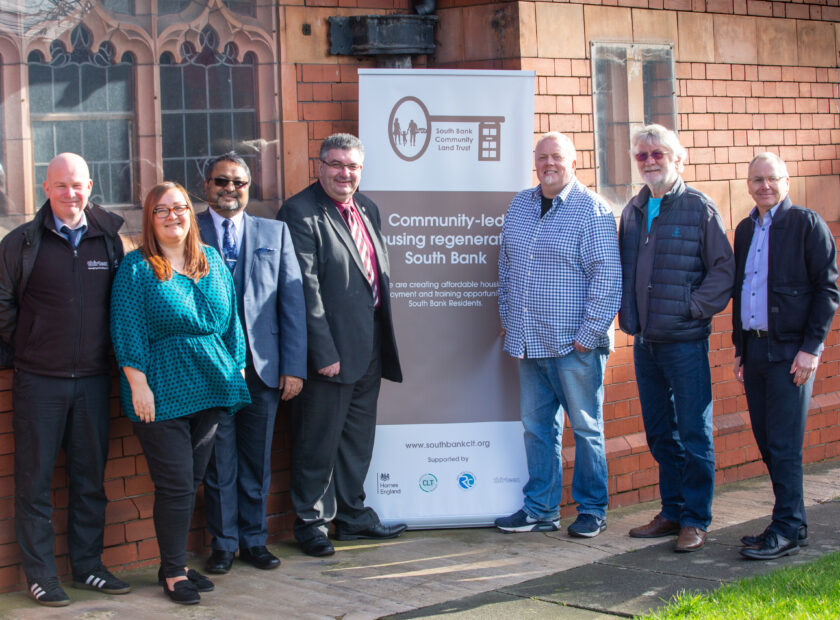At the TCPA, we believe that everyone should be able to live a healthy and flourishing life. But how do we make this idea a reality for everyone, both now and in the future?
The ingredients for healthy, thriving places
We think the Garden City Principles are a useful way to think about the mixture of ingredients needed to create healthy, thriving places. They touch upon everything from equitable local economies, vibrant and inclusive social and cultural spaces, to the restoration of nature and the sustainability of our planet.
But, to make a difference to people’s lives, we need to make these ideas a reality. That’s why we’ve developed the Practical Hope resource. It brings together six case studies from communities that are working on amazing projects in a variety of contexts – from using food as a catalyst for connection to creating skills and knowledge-sharing networks. These inspiring case studies also contain practical advice and useful tips to help ensure that your community project is a success.
As these case studies aim to highlight, community groups across England are doing incredible work to improve their local area and people’s lives. The following principles for success set out what helps groups succeed.
Principles for success
The following key lessons draw on the case studies and wider discussions with people taking action to try and set out what helps groups succeed.
- A team of people with a complementary mixture of experience and skills – Specialist skills and knowledge related to the projects being carried out by the group (e.g., gardening in the case of Incredible Edible, or knowledge of community energy for Brighton Energy Coop), people with the communication and networking skills that spread and start to embed the vision from day one and those who can keep the organisation running on a day-to-day basis, including legal, bid writing and finance. Many people can offer more than one of these in the early days until capacity increases.
- Networking with other local community groups and stakeholders – It is important to make connections with others across the local community to share knowledge and develop critical mass but also to work with others who work outside your sector but share your values and principles as collaboration is increasingly important
- Creating opportunities for community togetherness – Events and access to community facilities can play an important role in bringing people together and getting them to buy into the work that you are doing.
- Rooted in the local community – It is important to give local people opportunities to have a say in the decisions that affect the places they call home: open meetings, easy access, and welcoming communications.
- Access to resources – Groups need reliable and easy access to skills, community facilities, and funding. Shared assets, tool libraries, and online resources will already be out there. They need only be tapped into.
- Passion, enthusiasm and energy – It is not easy. And there will probably be many challenges. So, passion, enthusiasm, energy and a sense of humour are a must!
View the webinar recording from the Practical Hope launch event (below).
